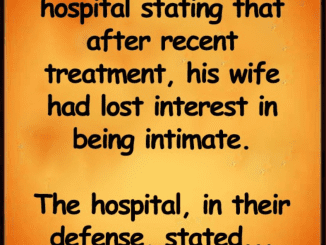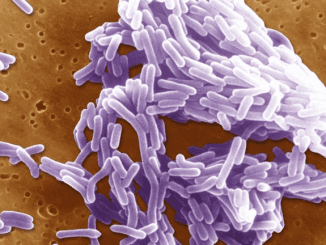Waking up to find a wet spot of saliva on your pillow is something many of us have experienced. While it might seem like just an odd quirk, the reasons behind it can reveal fascinating insights about your sleep habits and overall health. Let’s break down why this happens, what it means, and how you can manage it.
What Does Drooling on Your Pillow Mean?
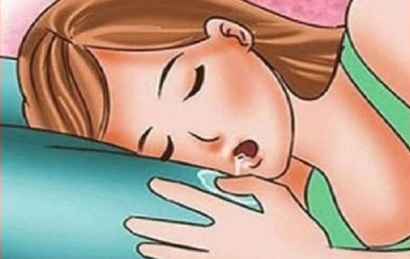
Drooling during sleep often signals that you’ve had a restful, deep sleep. When your body relaxes fully, you may reach the point where your muscles, including those controlling your mouth, loosen up. This can lead to saliva escaping. It’s common among people who sleep on their sides since gravity naturally pulls saliva out when the mouth is open. But there’s more to it than just position.
The Connection Between Drooling and Deep Sleep
If you wake up to find drool on your pillow, it might mean you’ve experienced continuous, uninterrupted sleep. This is great news for your body and mind! When you sleep deeply, your body enters a state of relaxation, allowing you to rejuvenate and recharge. But why does this lead to drooling? It’s simple: when you’re deeply asleep, your swallowing reflex slows down, and saliva can pool and escape if your mouth happens to be open.
Sleeping Positions Matter
Your sleeping position plays a significant role in whether you drool or not. Side sleepers are more likely to drool than those who sleep on their backs. Why? When you sleep on your back, gravity naturally directs saliva to the back of your throat, where it’s swallowed. On the other hand, side sleeping causes saliva to collect and escape through the mouth. So, if you often wake up with a drool-stained pillow, consider adjusting your sleeping posture.
Health Issues That Can Cause Excessive Drooling
While occasional drooling is harmless, persistent or excessive drooling may point to underlying health issues. Here are some potential causes:
1. Nasal Congestion
When your nasal passages are blocked due to a cold, allergies, or sinus infection, you’re more likely to breathe through your mouth. Mouth breathing leads to drooling because your lips remain open, allowing saliva to escape.
2. Acid Reflux
Gastroesophageal reflux disease (GERD) can stimulate the esophagus, causing an increase in saliva production. This often leads to drooling during sleep.
3. Sleep Apnea
Drooling can be a symptom of sleep apnea, a condition where breathing stops and starts during sleep. Other symptoms include loud snoring, gasping for air, and feeling tired despite a full night’s rest. If you suspect sleep apnea, consult a doctor for diagnosis and treatment.
4. Sinus Infections and Respiratory Illnesses
Illnesses affecting your upper respiratory tract can make swallowing difficult, leading to saliva pooling in the mouth and escaping while you sleep.
5. Allergies
Food allergies or allergic rhinitis may also contribute to excessive saliva production, increasing the chances of drooling during sleep.
How to Prevent Drooling While Sleeping
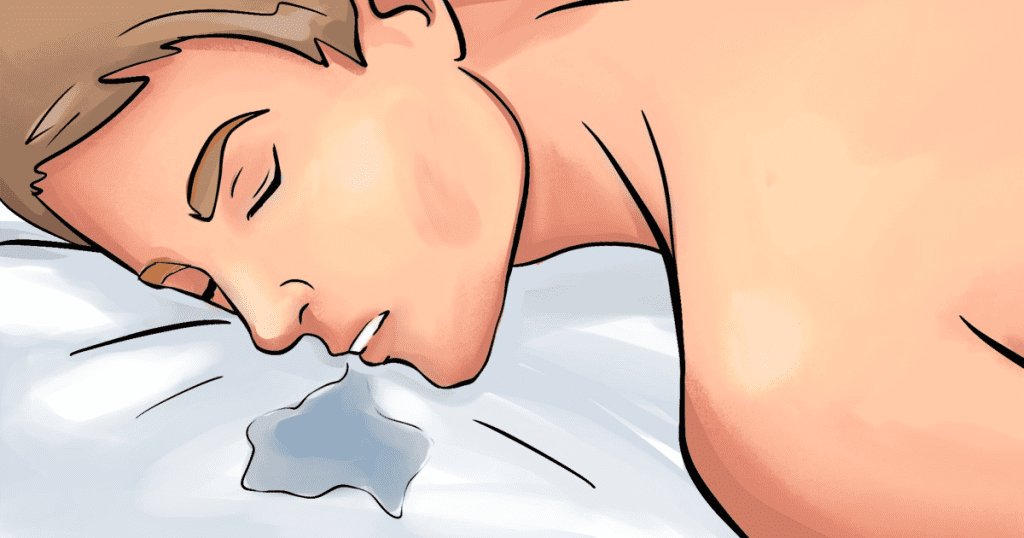
Drooling might seem harmless, but if it bothers you, there are steps you can take to minimize it. Here’s what you can do:
1. Sleep on Your Back
Switching to a back-sleeping position can help reduce drooling. When you sleep on your back, saliva naturally drains to the back of the throat and is swallowed, keeping your pillow dry.
2. Treat Nasal Congestion
If nasal blockages are the culprit, use a saline spray, nasal strips, or a humidifier to keep your nasal passages clear. Breathing through your nose helps reduce mouth breathing and drooling.
3. Practice Proper Breathing
Learning to breathe through your nose, even when you’re awake, can help train your body to maintain this habit during sleep. Consider doing simple breathing exercises to improve nasal breathing.
4. Stay Hydrated
Dehydration can thicken saliva, making it harder to swallow and increasing the chance of drooling. Drink plenty of water throughout the day to maintain optimal hydration levels.
5. Address Underlying Health Issues
If you suspect conditions like GERD, sleep apnea, or chronic sinus infections, seek medical advice. Treating these underlying problems can significantly reduce drooling.
6. Adjust Your Diet
Certain foods may contribute to excessive saliva production, especially acidic or spicy foods. Monitor your diet and avoid triggers if you notice a connection.
When to See a Doctor About Drooling
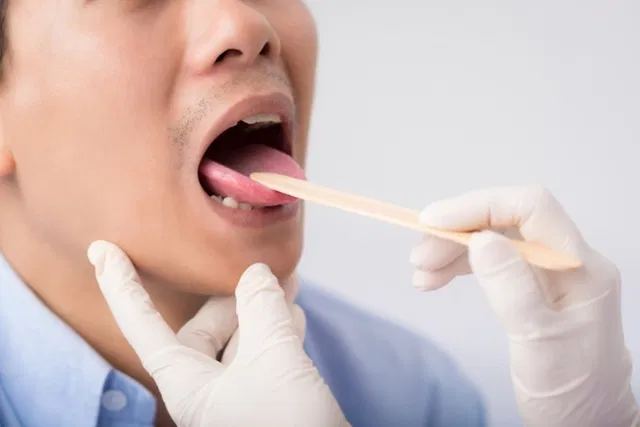
Occasional drooling is normal, but persistent or excessive drooling may warrant a visit to your healthcare provider. If it’s accompanied by other symptoms like trouble sleeping, chronic congestion, or difficulty breathing, it’s best to seek professional advice. Early detection of conditions like sleep apnea or GERD can lead to effective treatments and improved sleep quality.
Final Thoughts
Drooling while you sleep might seem embarrassing or annoying, but it’s often a sign that your body is getting the deep rest it needs. By understanding the causes and taking simple steps to address them, you can minimize the issue and enjoy a better night’s sleep. So, pay attention to your sleeping habits and listen to your body—it might be telling you something important!
